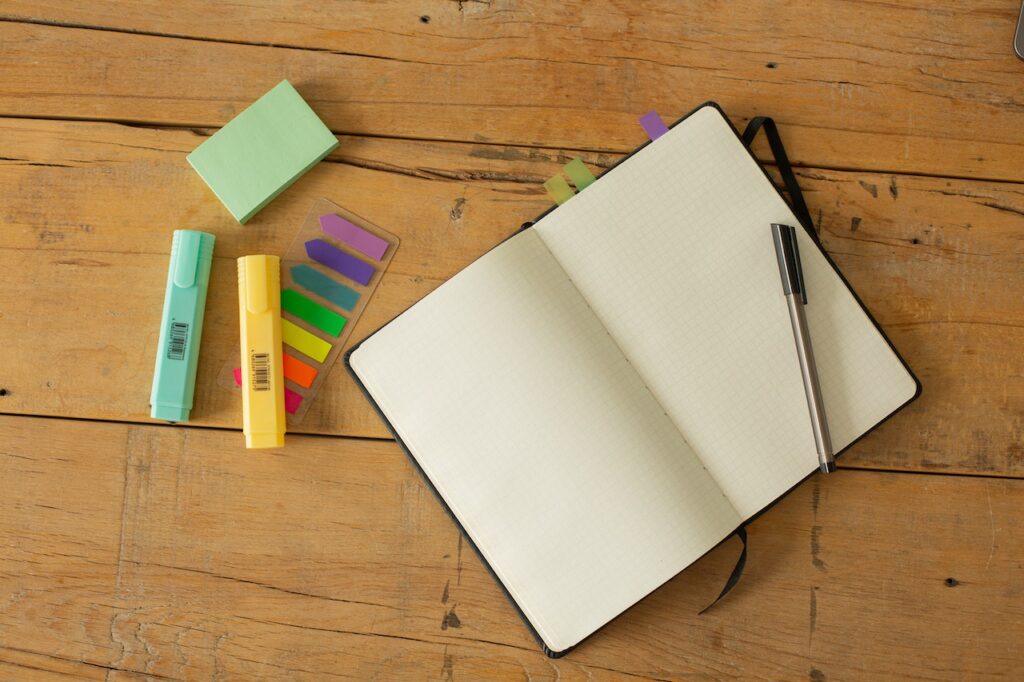Keeping your life organized can be akin to spinning plates in a circus. In the post-pandemic era, with the mental health of our workers still in serious jeopardy, it’s harder than ever to keep a regular schedule. While remote work seemed to be a popular alternative to commuting to a big city every day, it also changed our relationship with organization.
Obviously, organization is an important part of any position as it will affect your overall productivity. Here are some reliable tips for staying organized that are especially helpful during this awkward return to the office.
Make Good Habits
Habits are often something we develop unconsciously, so it can be difficult to form one willfully. The best approach is to take a look at the habits you know you have, good and bad, and try to eliminate some of the ones that are unnecessary or detrimental to your work. Then, start incorporating new habits such as a rigid alarm system and eating regularly.
Apps Are There to Help
The pandemic radically changed how we operated in the world daily. Children didn’t need to be driven to school, and delivery services and e-commerce saw a major surge in customers. If some of those conveniences made life easier for you during the past two years, there’s no reason you shouldn’t incorporate some of them into your routine. If ordering a fully prepared meal saved you a lot of hassle, continue the practice.
Create Lists and Consolidate Them
At the office, there’s no shortage of emails from bosses, verbal conversations, and assignments that you’ll receive daily. It can be overwhelming, particularly without a way to collate them. That’s why getting an app such as Trello or Slack will allow you to create project cards and keep track of your various deadlines and give you an advantage.
Once you have a list of your tasks, it’s time to put them in order of priority.
Keep Distractions at a Minimum
Facebook, Twitter, Spotify, urgent news alerts, a bothersome coworker — the average worker in the U.S. is distracted every 31 minutes by something. Smartphones haven’t helped the situation, which is why it’s best to keep it in your desk drawer or somewhere it can’t be seen or heard. As for the rest of the internet’s interruptions, you can designate specific break times to unwind.
Breaks are CriticalStress at work is nothing new, but there’s been a significant, intolerable increase since COVID first appeared. For some, just getting back into any sort of routine after life became so untethered is a struggle, let alone showing up at a regular job. That’s why it’s more important than ever to allow yourself breaks, both mentally and physically. If projects are taking you longer than they used to, torturing yourself about it isn’t helpful — but taking a walk might be. A break is also the ideal time to enjoy whatever you’ve avoided online while working.
Kenny Hedges | Contributing Writer










